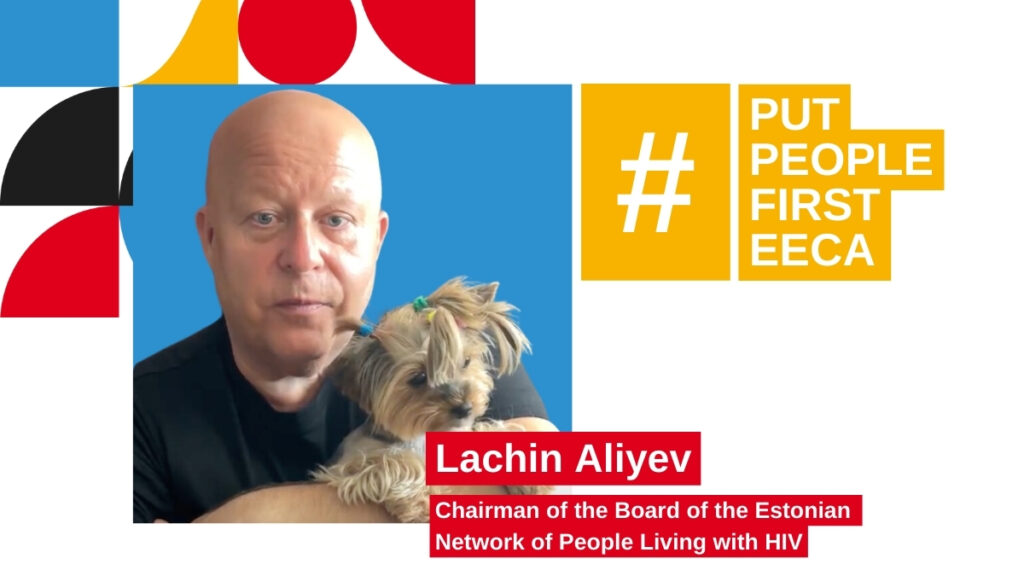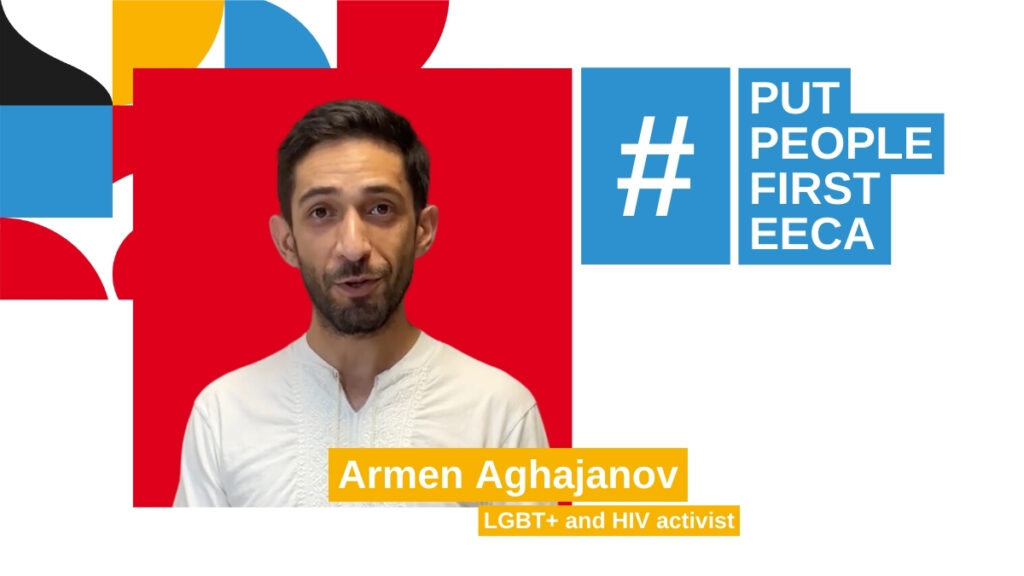Elena Kiryushina – #PutPeopleFirstEECA
Elena Kiryushina, UNAIDS Youth and Gender Equality Officer, addresses the pressing issue of gender-based violence and its impact on HIV situation in Eastern Europe and Central Asia. With 70.4% of adult women in the region experiencing GBV and 52% facing physical abuse after an HIV diagnosis, she stresses the urgent need for action. “Putting people […]









